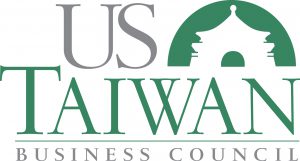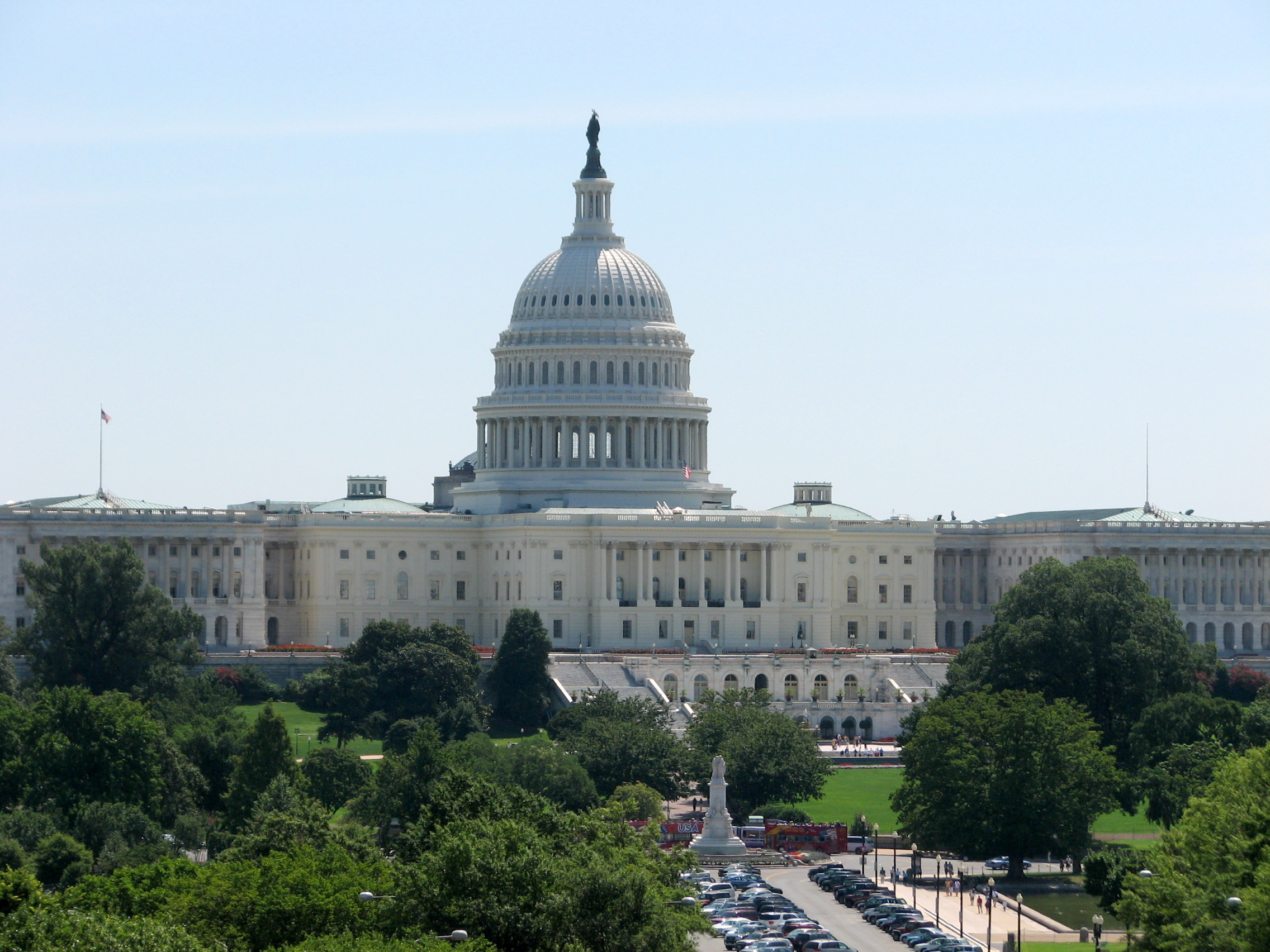
Press Release:
The US-Taiwan Business Council Comments on the Proposed Foreign Military Sale of C4 Life Cycle Support to Taiwan
(Arlington, Virginia, December 16, 2023)
The US-Taiwan Business Council today welcomed the announcement of a possible Foreign Military Sale to Taiwan of Command, Control, Communications, and Computers (C4) Life Cycle Support and related equipment at an estimated total cost of US$300 million. The Defense Security Cooperation Agency (DSCA) delivered the required certification notifying Congress of the proposed Taiwan arms sale on December 15, 2023.
The published Congressional Notification (transmittal number 23-82) is for follow-on life cycle support to maintain Command, Control, Communications, and Computers (C4) capabilities under Taiwan’s Syun An program – which includes previously procured Multifunctional Information Distribution Systems-Low Volume Terminals (MIDS-LVT) and Joint Tactical Information Distribution System (JTIDS) equipment. The notification also includes procurement of spare and repair parts and related elements of software, engineering, training, technical, logistical, testing, and other program support.
Council President Rupert Hammond-Chambers commented, “This is the fifth Congressional Notification of arms sales to Taiwan in 2023, and it is clear that the government-to-government arms sales process is functioning as it should. Additional C4 architecture and life cycle support to aid the island’s domestic Syun An program is welcome news. This effort acts as a force multiplier, allowing Taiwan’s armed forces to do more with their existing equipment.”
Hammond-Chambers added, “USTBC has consistently noted that the Biden Administration focuses on munitions and life cycle support for legacy programs, platforms, and systems. At some point, however, it will have to pay attention to Taiwan’s ongoing force-modernization needs. They should assess a broader remit of challenges, beyond the D-Day style attack and the in-vogue asymmetric approach to this threat, and should include grey zone challenges and blockade scenarios.”
“Blockade scenarios have been receiving more attention, but mostly miss the mark when considering a possible PRC approach. A blockade of the entire island, while possible, is unlikely. In an escalatory action short of kinetic conflict, China is instead more likely to use its coast guard and smaller littoral combat ships to interdict Taiwan shipping in the Taiwan Strait, Bashi Channel, and other waters where China claims maritime sovereignty. C4 life cycle support and land-based anti-ship missiles can not provide an effective response. Taiwan will need larger, well-equipped, modern ships to patrol its maritime waters to effectively deter such coercive challenges.”
Hammond-Chamber concluded by commenting on the broader implications of this arms sale to the U.S.-Taiwan bilateral relationship. He said, “The proximity of this arms sale to the Taiwan election in January 2024 is noteworthy. The U.S. has typically been reluctant to overtly support Taiwan in proximity to national elections, fearing the perception of tilting the electoral scale. This arms sale comes within a month of Taiwan’s most consequential election since 2016 and sends the message to Taiwan that U.S. security assistance will remain consistent. As Taiwan’s domestic political parties debate the level of seriousness with which to approach national defense and the ongoing needs of Taiwan’s armed forces to protect the island, this announcement is a shot across the bows.”
“Under the governments of President Obama in the U.S. and President Ma in Taiwan, both administrations were focused on China. That left the bilateral relationship between Taipei and D.C. as an irritant to the ‘more important’ China relationship. The Ma government argued that improved relations with China meant that Taiwan didn’t have to take its national defense as seriously, resulting in not addressing the needs of Taiwan’s military. Meanwhile, the Obama Administration contended that arms sales to Taiwan got in the way of their relationship with China. This resulted in an unprecedented 4+ year arms-sales freeze for Taiwan while China continued its force modernization. China pocketed the U.S. and Taiwan concessions on military modernization while improving Beijing’s position, thereby contributing mightily to the current cross-Strait military imbalance.”
“The proximity of yesterday’s arms sale to the Taiwan election is a clear signal that irrespective of short-term improvements in cross-Strait relations, they will not come at the expense of U.S.-Taiwan security assistance cooperation. It also signals the U.S. expectation that Taiwan will maintain the pace of its military modernization and its commitment to the U.S.-Taiwan relationship, regardless of who runs Taiwan. “
Source: See the DSCA website at https://www.dsca.mil/press-media/major-arms-sales
Additional Data:
For more details on Taiwan arms sales, please visit our dedicated defense website at www.ustaiwandefense.com. The post “Taiwan Arms Sales Notified to Congress 1990-2023” contains charts showing a summary of arms sales data by year, along with a link to the raw data compiled by the Council from DSCA and other sources.


